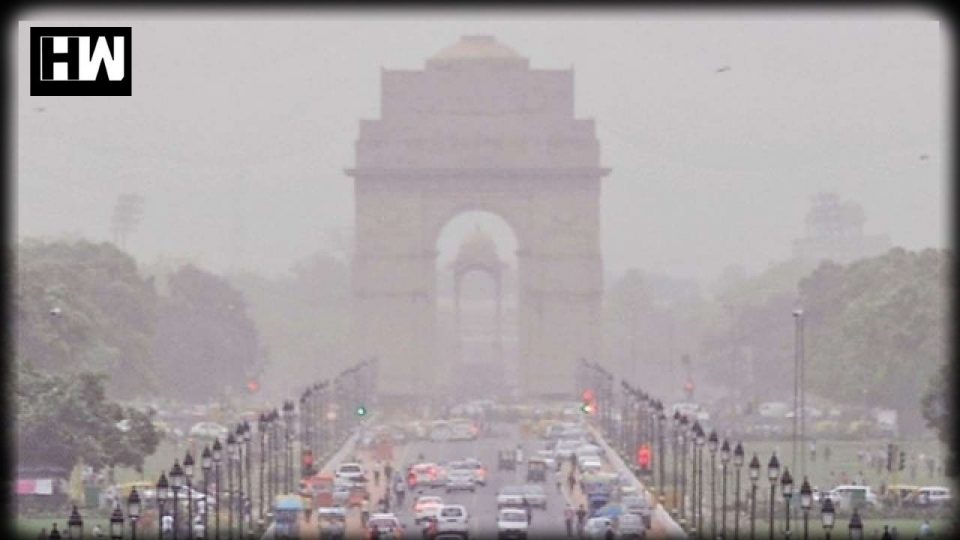New Delhi: The political Capital is choking on the pollution caused by burning of crackers on Diwali and the Air Quality is still in ‘severe’ category. Albeit two days have gone by there is a rise in number of paitents complaining about respiratory problems and burning eyes.
As per experts, the firecrackers bursting in Delhi, along with a spike in stubble burning in the neighbouring states, has worsened the situation this year.
Parinita Kaur, a doctor at Akash Healthcare, said: “After Diwali, we have seen a surge in patients with respiratory diseases. Patients are coming up with complaints of coughing, chest congestion, and nasal congestion.”
“The AQI has worsened because of bursting firecrackers on Diwali and stubble burning (around Delhi). This resulted in a spike in respiratory disease cases. We advise Delhi residents to stay indoors as much as possible,” Kaur added.
Apollo Hospitals doctor Rajesh Chawla said, “When winter sets in, the movement of air decreases in Delhi. And with the festive season around and the increase in air pollution due to traffic movement, the AQI level dips. Thus, we see an increase in patients with respiratory diseases or issues.”
“We have witnessed a 20% spike in cases of respiratory diseases after Diwali. One of the patients was admitted with an acute respiratory disease attack. And we had to give him oxygen and steroids,” he added.
“Stubble is still being burnt. Other factors, too, contributed (to the worsening of the AQI) and this led to an increase in respiratory disease patients. They are very scared and many of them land up in hospitals. The number of such patients is higher at the general-practitioner level,” he said.
Anant Mohan, head of AIIMS Delhi’s pulmonary department, told India Today, “The AQI levels have reached hazardous levels in Delhi. The national capital could witness a further surge in patients with respiratory diseases and complaints in the coming week.”
“Everyone will suffer from air pollution. People are complaining of headaches, breathing problems, especially those with asthma and lung problems. Children are very vulnerable and this pollution can affect their brain development,” said Naresh Trehan, chairman-MD of Medanta, The Medicity.
“The hospitals are full of patients. So, this is a difficult phase for us. Every year we face this problem, but we have failed to address or correct it,” Trehan added.
“We shouldn’t be comparing, but both (Covid and pollution) are equally dangerous. In a way, pollution is a perennial phenomenon. It’s nothing new for us. Delhi’s average AQI, barring a few months of total lockdown, has never been normal,” said Arunesh Kumar, HOD of the Department of Pulmonology at Paras Hospital, Gurugram. “Most of the time it’s about the duration of pollution that matters rather than an acute surge. In Delhi-NCR, we’re awakened only when there’s a trigger, as people feel that suddenly their breathing problems get worse. But the fact is our AQI is never normal,” he added.
He further said: “It’s important to recognise that our environment is never healthy. We always breathe polluted air. Covid doesn’t help, as with winter and fog, infections may increase as there’s the risk of the coronavirus being entrapped in a droplet in the environment with the cold air above us.”
As an independent media platform, we do not take advertisements from governments and corporate houses. It is you, our readers, who have supported us on our journey to do honest and unbiased journalism. Please contribute, so that we can continue to do the same in future.

